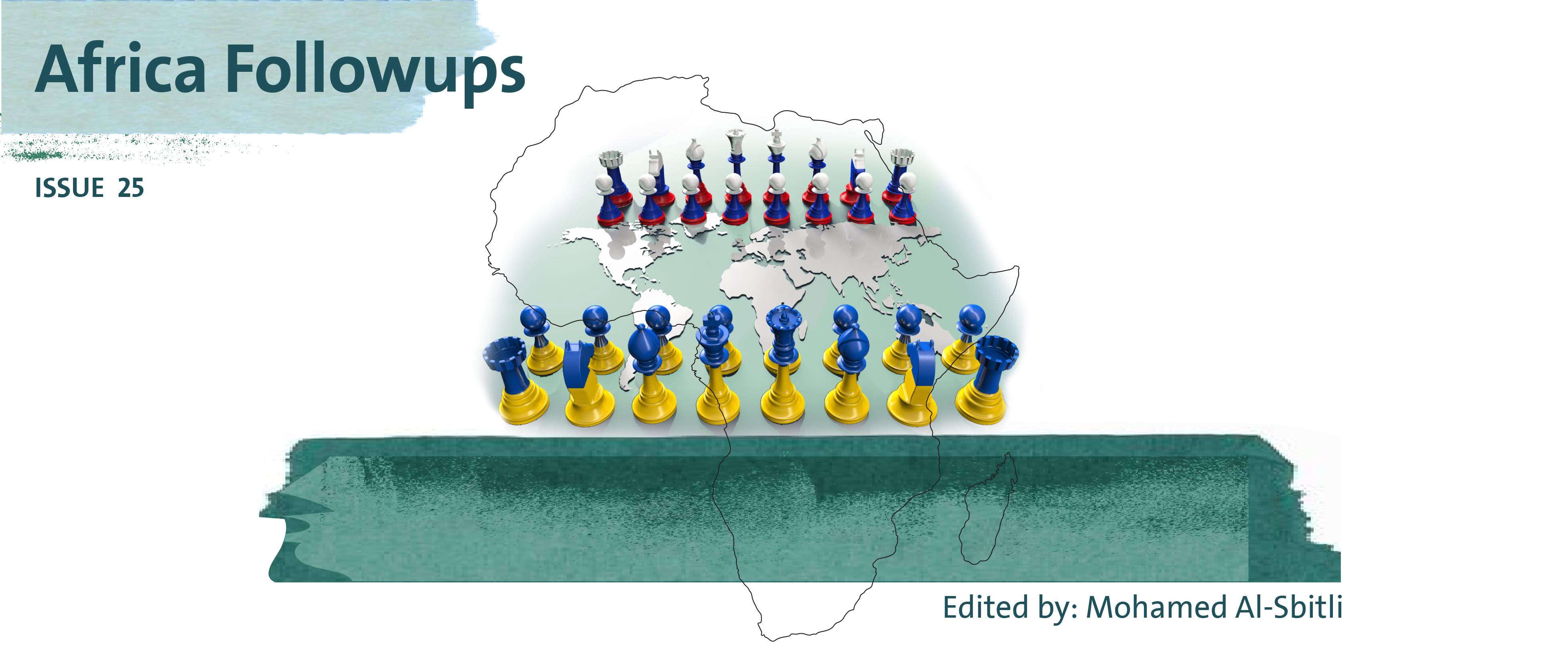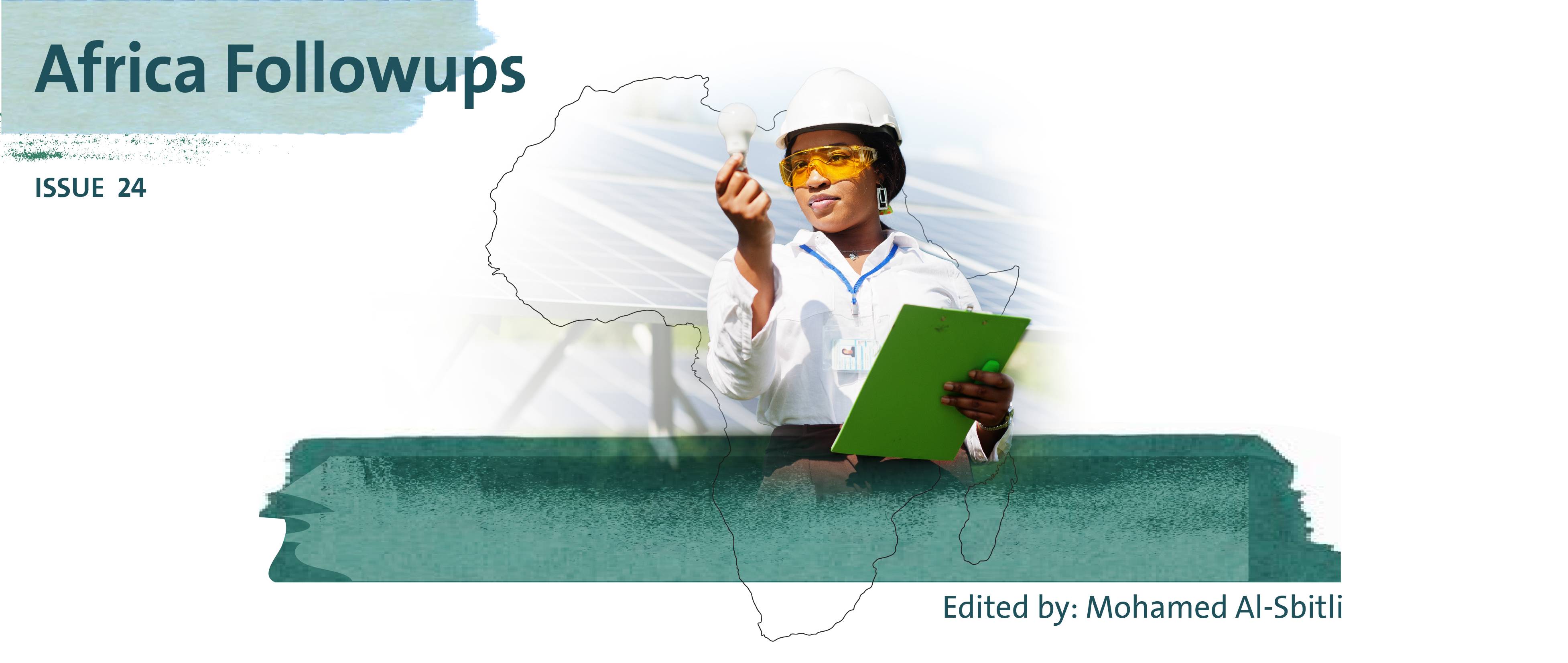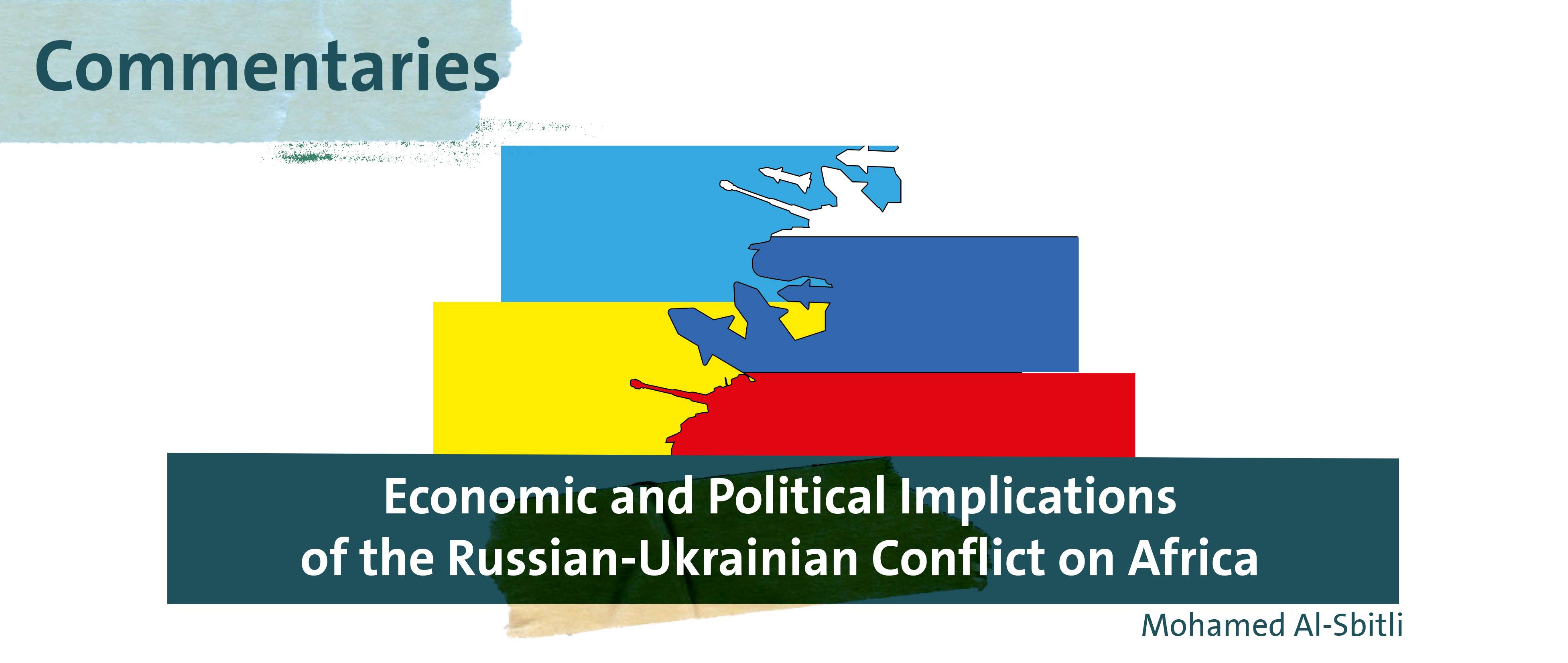Research Papers
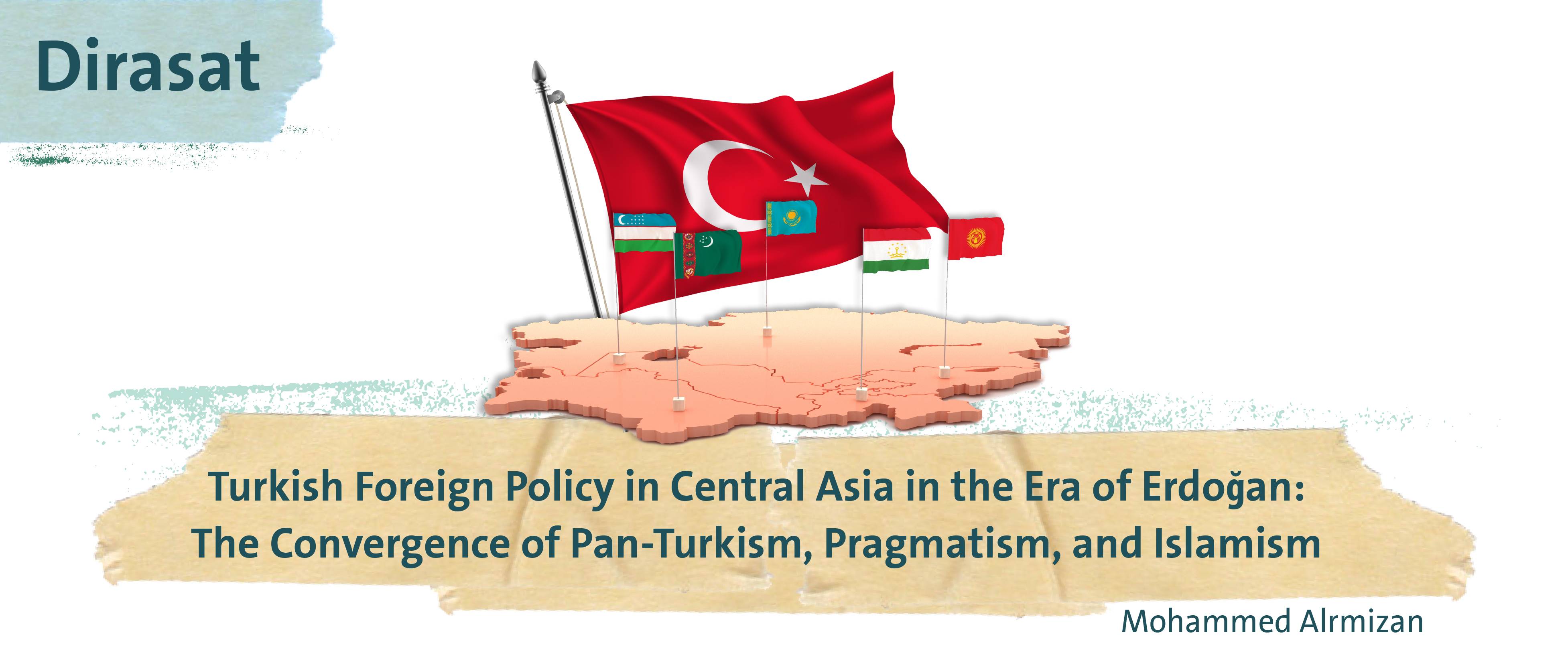
Number: 64
Author: Mohammed Alrmizan
The study explores the evolution of Turkish foreign policy toward Central Asia over the past three decades. It shows how Avrasyacılık (Eurasianism) and pan-Turkism initially informed Turkish state approaches to the region following the independence of the Central Asian Republics of Kazakhstan, Uzbekistan, Turkmenistan, Kyrgyzstan, and Tajikistan in the early 1990s. In the era of Erdoğan, Turkey first adopted pragmatism in the 2000s, but later underwent a course-correction in the 2010s that emphasized the development of political and military relations. As Turkey is not alone in Central Asia, the study also considers how its evolving footprint in the region was impacted by ext
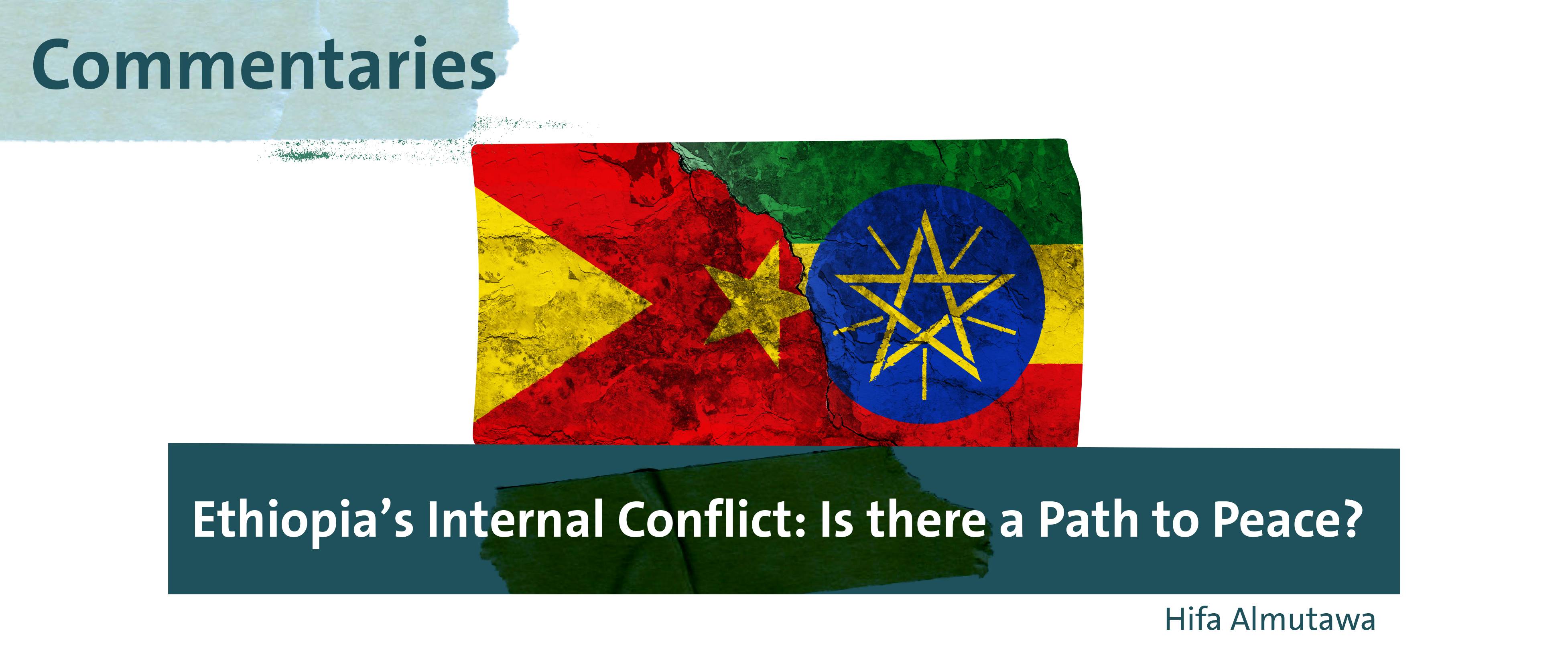
Number:
Author: Hifa Almutawa
Since 2020, the conflict in Ethiopia’s northern Tigray region has been one of the most terrifying and challenging the Horn of Africa has confronted in decades. It has been more than a year since Ethiopia’s federal government, under the direction of the prime minister, Abiy Ahmed, launched a military campaign against the Tigrayan People’s Liberation Front (TPLF) in Tigray. Moreover, the two sides appear to have dug in, taking Ethiopia to the brink of collapse. Since late 2020, many thousands of people have died, while others have been internally displaced or fled across the border into neighboring Sudan. The United Nations Sec
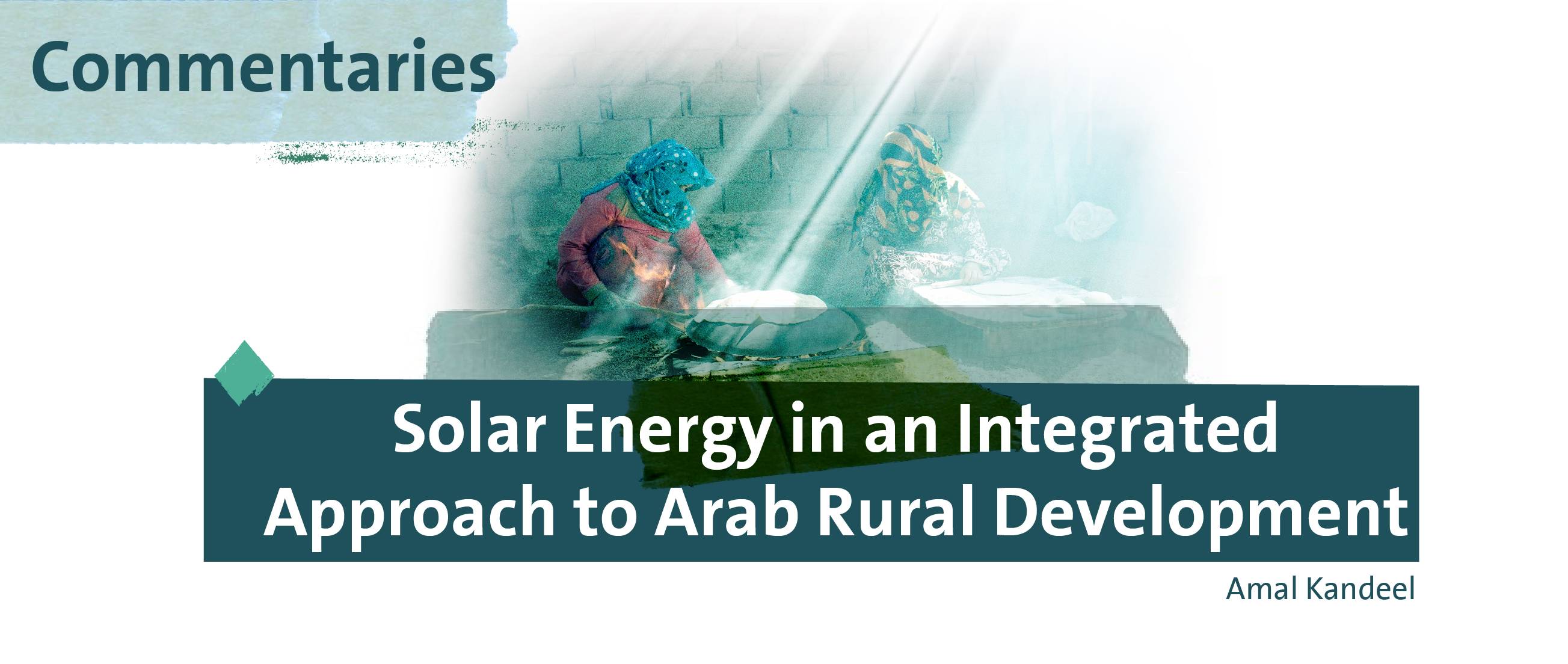
Number:
Author: Amal Kandeel
The need for access to and use of safe and clean energy resources is universal. But energy access and use are often constrained in challenging socioeconomic contexts and for disadvantaged communities. There is a real risk that vulnerable rural communities worldwide will continue to be left out of whatever energy development achievements are made in their respective regions or countries. This risk is elevated for rural communities in some agriculture-based Arab countries where poverty is widespread, and the scarcity of freshwater is high and rising due to population growth and the climate crisis. Improving energy security within these communities and reducing the risk that they w
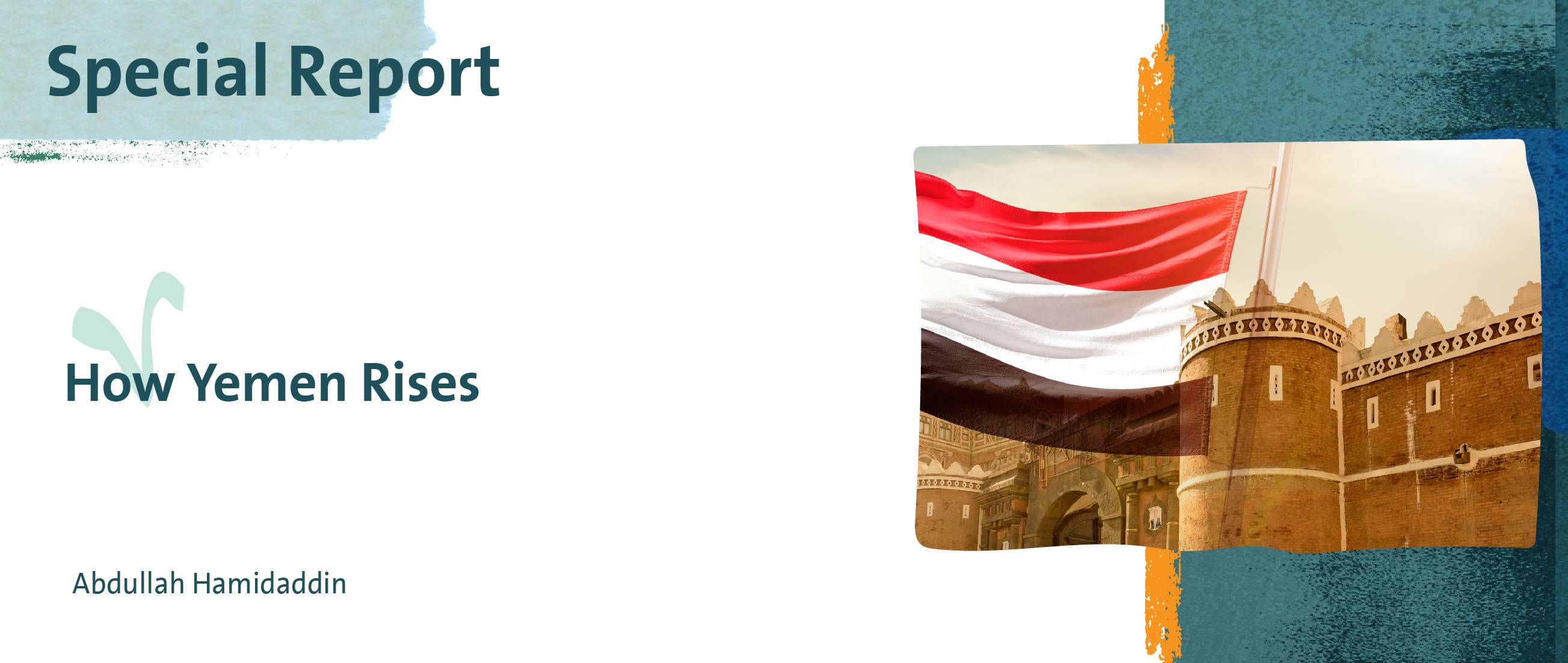
Number:
Author: Abdullah Hamidaddin
Previous experiences of post-war reconstruction (PWR) inform us that it will always fall short of the expectations of donors and recipients alike. There is not one experience of such reconstruction where things went according to plan. Experts and writers have to go all the way back to post-WWII reconstruction in Europe and Japan to find successful examples, only to discover that their contexts were fundamentally different from any subsequent post-war scenarios.
This report is available in Arabic only. Its English version has been published in “The Cairo Review of Global Affairs.&rd
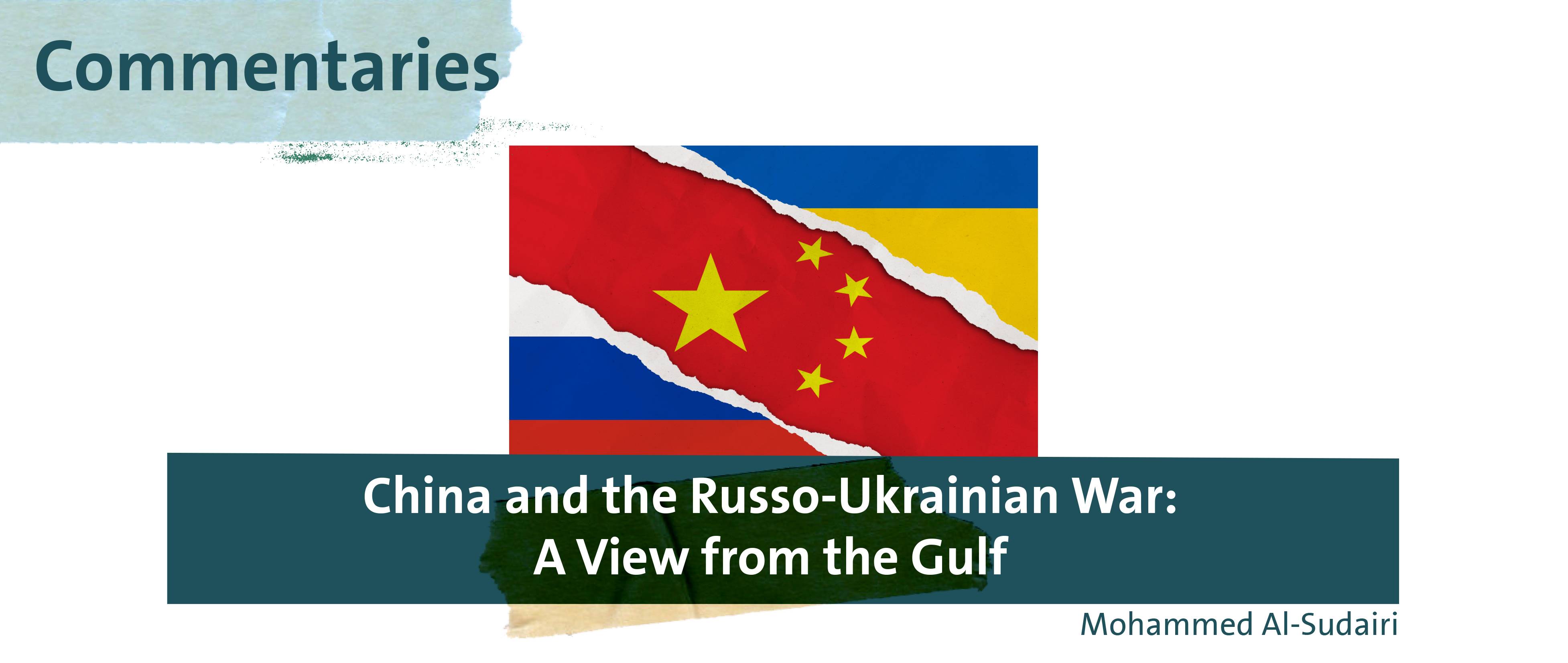
Number:
Author: Mohammed Al-Sudairi
The commentary investigates China’s position on the ongoing Russian invasion of Ukraine, arguing that it is unlikely to extend substantive support to Russia over the short or medium terms. The commentary then highlights some of the lessons its stance might have for observers in the Gulf.
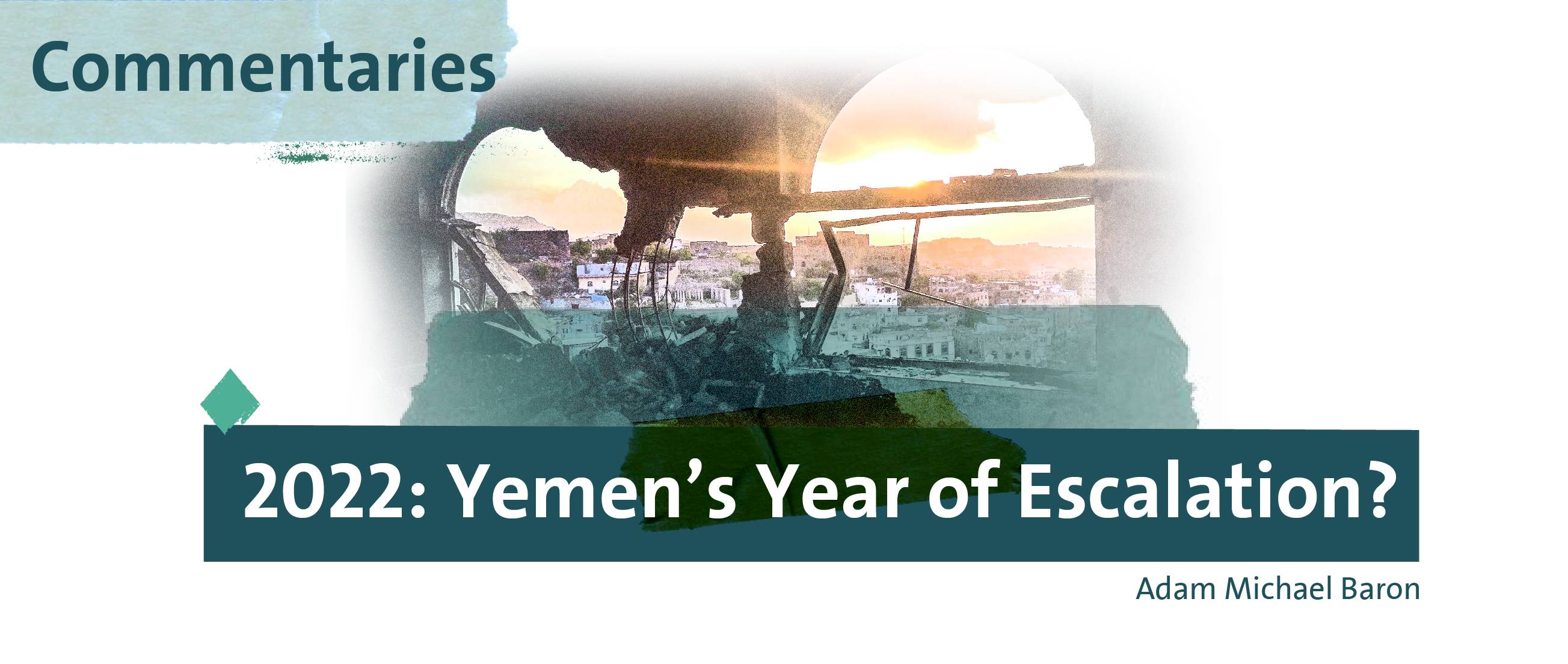
Number:
Author: Adam Michael Baron
The situation in Yemen is arguably as confusing as ever, but what does seem clear is that the year has started with a series of conflagrations. Military escalation on the ground has seen the most significant and sudden battlefield shifts in quite some time. Simultaneously, cross-border attacks have seen the Houthi movement, or Ansar Allah—a predominately Zaidi Shia revivalist movement that has upset the region’s geopolitical balance— launch missile strikes that directly hit Abu Dhabi in the United Arab Emirates (UAE). Characterizations of a frozen conflict have been turned on their head—all the while underlining the seemingly intractable nature of the con
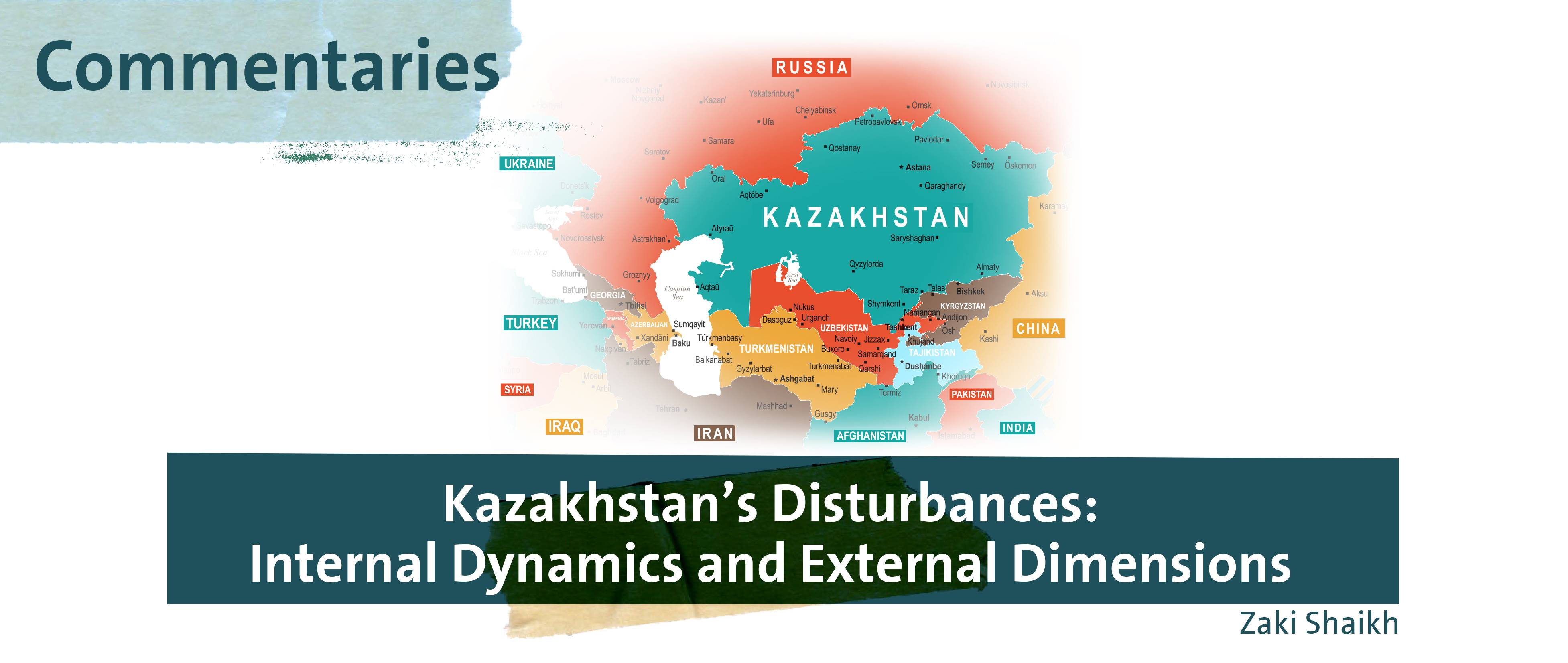
Number:
Author: Zaki Shaikh
This article begins by analyzing the factors contributing to the recent unrest in Kazakhstan and how Russian commentators have leveraged media debates to call for the deployment of peacekeeping troops to the Central Asian country. Next, it explores the possible motivations driving Kazakh and Russian leaders’ cooperation in the deployment, along with the longer-term implications for their two countries. Finally, the article discusses the lessons that can be drawn from the recent events in Kazakhstan and what they might mean for Central Asia writ large.

